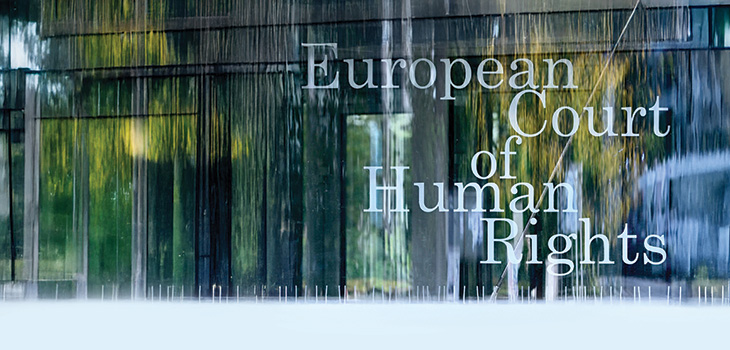
The European Court of Human Rights (ECtHR) is no stranger to criticism. More often than not, though, the fault lies with British immigration and asylum judges when adjudicating on cases that involve the competing claims of the right to family life under Art 8(1) of the European Convention on Human Rights on the one hand and, on the other, the public interest in expelling undesirable persons from the country under one of the permitted exceptions found in Art 8(2). Too often, the individual’s claim to the former is held to outweigh the government’s claim to the latter in decisions that outrage the public, or at any rate certain sections of the media and some parliamentarians. Not infrequently, though, the newspaper headlines and summaries are wildly misleading and inaccurate.
Overreach & underreach
But Strasbourg overreach is certainly not unknown. One example is its decision that a blanket denial of the vote









